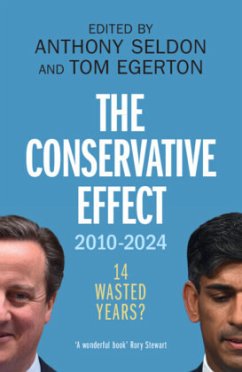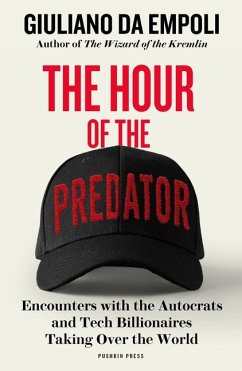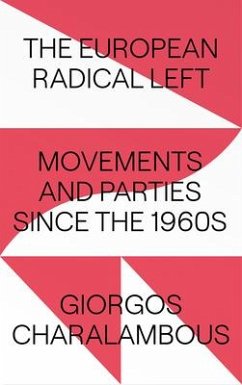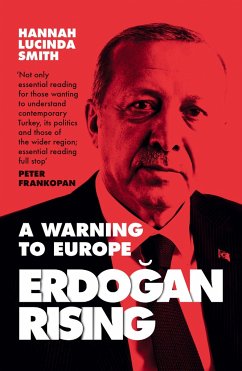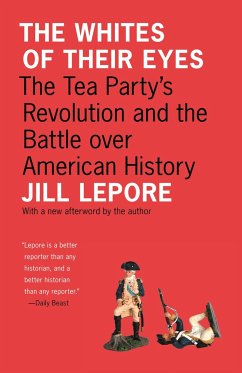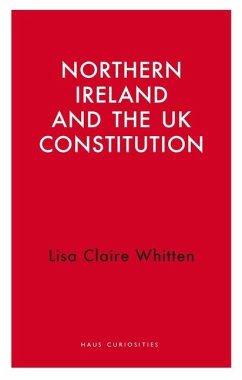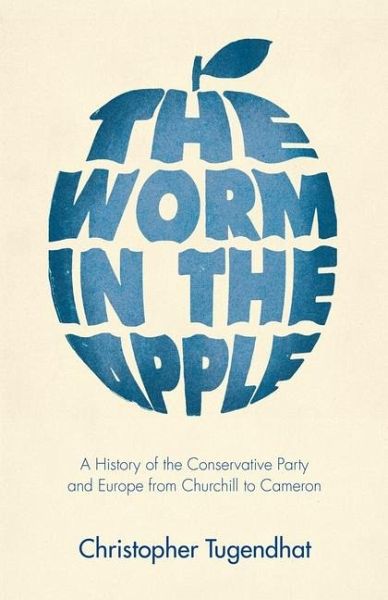
The Worm in the Apple
A History of the Conservative Party and Europe from Churchill to Cameron

PAYBACK Punkte
8 °P sammeln!
The Conservative Party have been in power for 47 of the 65 years since the end of the Second World War. During that time the division within the party over Europe has been the enduring drama of British politics - from Churchill's decision not to join the original European Coal and Steel Community in 1951 to Cameron's decision to hold an In/Out referendum in 2016. Other leaders came and went, but the issue was always there - sometimes centre-stage, at others behind the scenes - destabilising foreign policy, corroding the body politic, and destroying several of the party's leaders.These question...
The Conservative Party have been in power for 47 of the 65 years since the end of the Second World War. During that time the division within the party over Europe has been the enduring drama of British politics - from Churchill's decision not to join the original European Coal and Steel Community in 1951 to Cameron's decision to hold an In/Out referendum in 2016. Other leaders came and went, but the issue was always there - sometimes centre-stage, at others behind the scenes - destabilising foreign policy, corroding the body politic, and destroying several of the party's leaders.These questions, and how they panned out, created a deep, grumbling discontent - the worm in the apple - that, over time, turned the Conservative Party and, by extension, a significant section of the electorate against British membership of the EU. By telling the story of the arguments and divisions within the Conservative Party, The Worm in the Apple explains why Britain voted to leave in 2016. It is by no means the whole story, but they are an important part of it.







